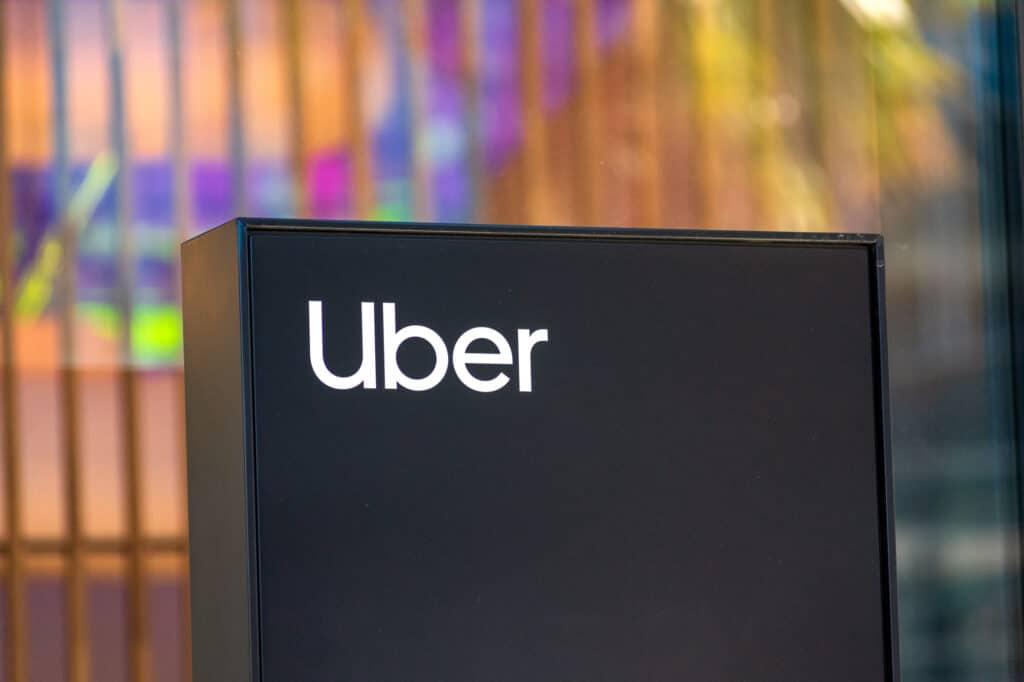Uber Turns Profitable in Q2, Future Growth Outlook Optimistic
Uber returned to profitability in its second-quarter earnings report, driving shares up nearly 11 percent.

Uber returned to profitability in its second-quarter earnings report, driving shares higher.
The company reported a profit of $1.02 billion for the three months ending in June, far exceeding analysts' expectations of $654 million, a profit that included $333 million in gains on equity investments. Uber shares rose nearly 11 percent on the positive news.
Uber also saw significant growth in revenue and bookings. Total bookings for the second quarter rose 19% year-over-year to $40 billion, above analysts' forecasts of $39.6 billion. Revenue grew 16 percent to $10.7 billion. These numbers show that Uber's high-income consumer base continues to spend steadily despite the uncertain economic outlook, and that the company has successfully raised the price of its services as it transforms its bottom line.
The company expects total bookings for the third quarter to be between $40.25 billion and $41.75 billion, slightly below analysts' expectations of $41.88 billion, but still showing steady growth momentum.
Uber's growth was driven by diversification and innovation in its business. The ride-hailing service performed strongly in Latin America and Asia-Pacific, with total bookings for the ride-hailing division growing 23 percent to $20.6 billion in the second quarter.
In addition to its traditional ride hailing and delivery services, Uber has expanded its feeder rides, low-cost ride-sharing trips and motorcycle taxi services. Meanwhile, the company's partnerships with new merchants, such as Costco, and its alliance with Instacart expanded its service offerings, with the average order value in new channels being 20 percent greater than local orders.
Despite the strong second quarter results, Uber still faces challenges. Market volatility could affect equity investment returns and could lead to potential future losses.
Additionally, new laws such as the driver pay increases in New York City and Seattle could put pressure on Uber Eats' business, forcing the company to charge consumers more. However, Uber has demonstrated resilience and adaptability in dealing with challenges, such as maintaining its independent contractor model in California and reaching a favorable settlement in Massachusetts.
Disclaimer: The views in this article are from the original Creator and do not represent the views or position of Hawk Insight. The content of the article is for reference, communication and learning only, and does not constitute investment advice. If it involves copyright issues, please contact us for deletion.